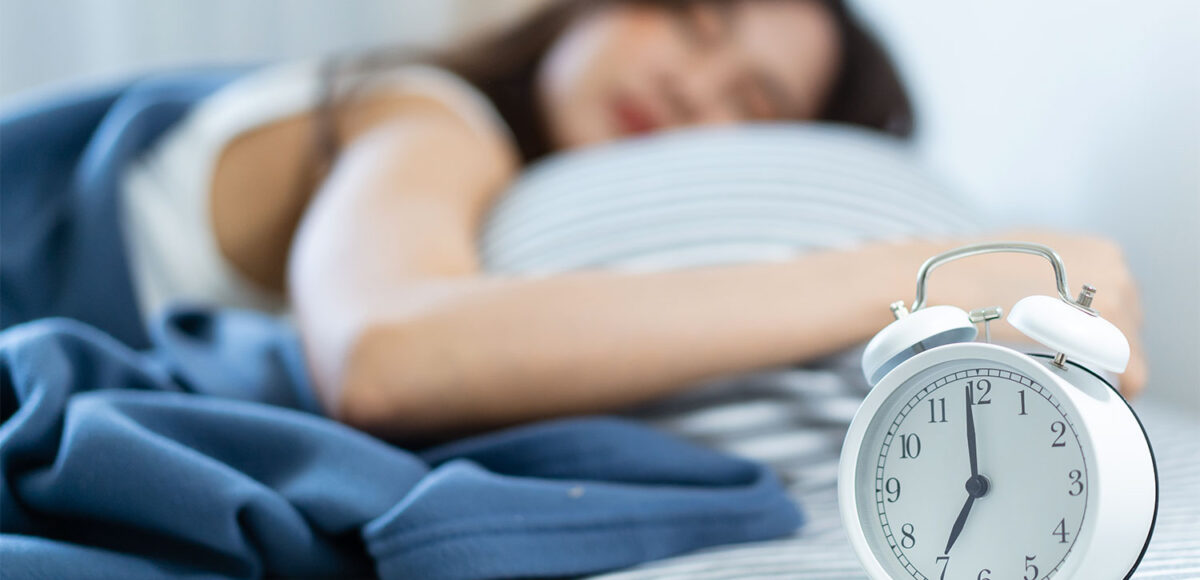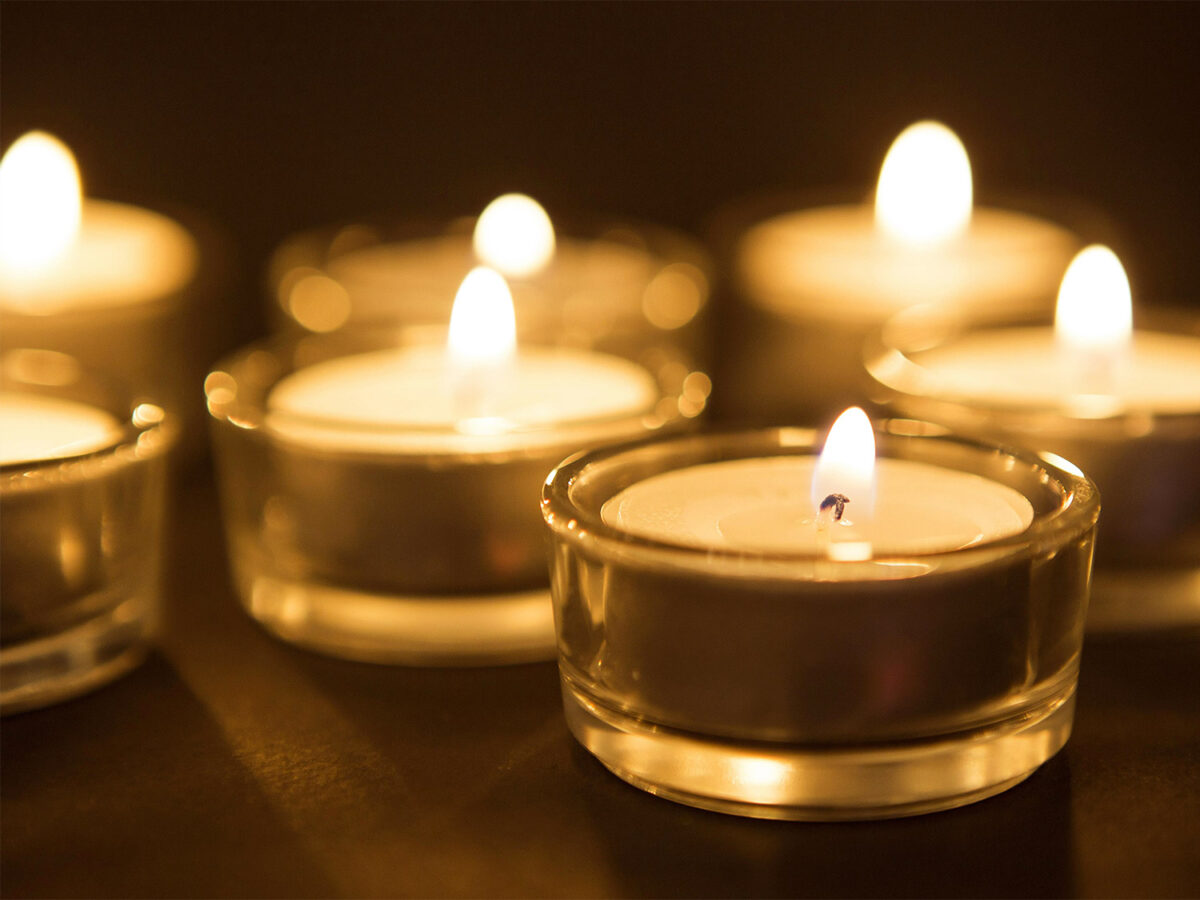Quality sleep is the foundation of good health and well-being. It’s during sleep that our bodies repair themselves, our brains consolidate memories, and our immune systems strengthen. As we go through life, our sleep needs change. The average adult requires 7-8 hours a night. A small percentage of the population, known as “short sleepers,” can function optimally on significantly less. This appears to be a genetically transmitted trait and not something most should aspire to.
Insomnia characterized by difficulty falling or staying asleep is often linked to stress and lifestyle and may be improved by following these guidelines. However, it can also be the symptom of a sleep disorder, medical condition, or medication side effect and needs evaluation and treatment by a sleep specialist. “Sleep is a basic human drive, if it isn’t easy or restful – seek help,” says sleep doctor Avinesh Bhar, M.D.
Tips for Better Sleep
1. Maintain a Consistent Sleep Schedule: Keep a regular bedtime and wake-up time, even on weekends. Exposure to morning sunlight helps establish a healthy circadian rhythm. Avoid staying indoors all day, especially if working from home, as this can contribute to sleep difficulties. Make sure you are getting enough physical exercise during the day and avoid heavy exercise late in the evening. A heavy meal too close to bedtime can also disrupt sleep.
2. Limit Electronic Devices: Turn off all devices at least an hour before bedtime. The blue light they emit interferes with melatonin production, which regulates sleep-wake cycles. Consider using blue light filters on devices and in glasses for evening hours. Keep your cell phone silenced and away from your bed. Read physical books.
3. Learn to Unwind: Listen to soft music, guided meditation or nature sounds to calm your mind and body. Use your evenings to relax. Most problems are best solved during the day when our minds are sharpest, and we can solicit advice as needed. Unplug from the news before dinner whenever possible. Avoid TV shows or books that raise your level of stress or anxiety as this will make it difficult to fall and stay asleep. Consider writing a “to-do list” to help your mind relax. Reflect on what you are grateful for and or looking forward to. Prayer is soothing for many.
4. Reserve the Bed for the Three S’s: Use your bed only for sleeping, sex and sickness. This helps your brain associate the bed with sleep. If you find yourself tossing and turning for over 20 minutes, move to a different area and read or listen to something soothing until you feel you are ready to try again.
5. Watch Your Intake: Avoid caffeine after 3 p.m., remembering that chocolate, tea and many sodas contain caffeine. Adjust this timing if needed, especially as sensitivity can increase with age. Sugar should also be avoided in the evenings. Some like to drink herbal tea with kava or chamomile in the evening but limit fluid intake after dinner if you find yourself waking up to urinate during the night. Foods that may help you sleep include almonds, spinach, avocados, milk, turkey, fatty fish, walnuts, white rice and more.
6. Avoid Alcohol: Alcohol might help you fall asleep but prevents you from cycling into the deep stages of sleep, leaving you feeling unrefreshed in the morning.
7. Create an Optimal Sleep Environment: Keep your bedroom dark, quiet, and at a comfortable temperature. While around 67 degrees is often recommended, adjust according to your preference and local climate. Mattresses now come with many options for postural and temperature control and can be well worth the investment. Some couples opt to sleep in separate rooms on occasion or consistently to protect the integrity of their sleep. Make sure to make time for physical connection at other times if you choose this option.
8. Release Oxytocin the “Love Hormone”: Physical intimacy releases this powerful substance in our body. Oxytocin has been shown to help induce sleep, enhance REM sleep and even help regulate circadian rhythm thereby improving our sleep quality. A warm bath or shower, wrapping yourself in a warm or weighted blanket or cuddling with a pet can also be helpful.
9. Be Cautious with Sleep Aids: For short-term use, over-the-counter sleep remedies and prescription medications may be helpful but have risks. Always consult your doctor for the best advice. Multiple studies have shown that Cognitive Behavioral Therapy for Insomnia (CBT-I) is as effective or more effective than medication for treating insomnia. For more on that, read “Overcoming Insomnia” by Jack D. Edinger or “The Insomnia Workbook” by Stephanie Silberman.
10. Use Sleep Tracking Devices: Devices like the Oura Ring and the Whoop Strap track sleep stages, heart rate variability and respiratory rate, offering insights into sleep quality and patterns. Alarms like Sleepzy are designed to wake you during light sleep making the transition to wakefulness easier.
Many people suffer from undiagnosed or under-treated sleep disorders which require specific interventions such as the following:
Sleep Apnea: Characterized by pauses in breathing or shallow breaths, leading to snoring, frequent awakenings and daytime tiredness.
Restless Leg Syndrome (RLS): A neurological disorder causing an irresistible urge to move the legs.
Narcolepsy: Excessive, uncontrollable daytime sleepiness and sudden sleep attacks.
Circadian Rhythm Disorders: Disruptions in the body’s natural sleep-wake cycle, common in shift workers or those with jet lag.
If you are concerned you may be experiencing any of these disorders or if you have persistent insomnia, it’s crucial to consult your doctor or a sleep specialist. (Dr. Bhar and his group can be accessed online at https://www.sliiip.com.) If you have been using a Phillips sleep machine, your product has been recalled so make sure to check immediately with your healthcare provider.
In an era where stress is ubiquitous and sleep difficulties are common, prioritizing a good night’s sleep is an essential step on your wellness journey. With the right tools, practice, patience and appropriate medical advice, you can empower yourself to achieve restful nights and more energetic days.
“Sleep…Chief nourisher in life’s feast.”
-Shakespeare
Beverly Hills Courier columnist Dr. Eva Ritvo is a psychiatrist with more than 30 years’ experience practicing in Miami Beach. She is the author of “Bekindr-The Transformative Power of Kindness” and the founder of the Bekindr Global Initiative, a movement to bring more kindness in the world. She is the co-author of “The Beauty Prescription” and “The Concise Guide to Marriage and Family Therapy.” She is also the co-founder of the Bold Beauty Project, a nonprofit that pairs women with disabilities with award-winning photographers creating art exhibitions to raise awareness. Dr. Ritvo received her undergraduate and medical degrees from UCLA, and psychiatry residency training at Weill Cornell Medicine.







